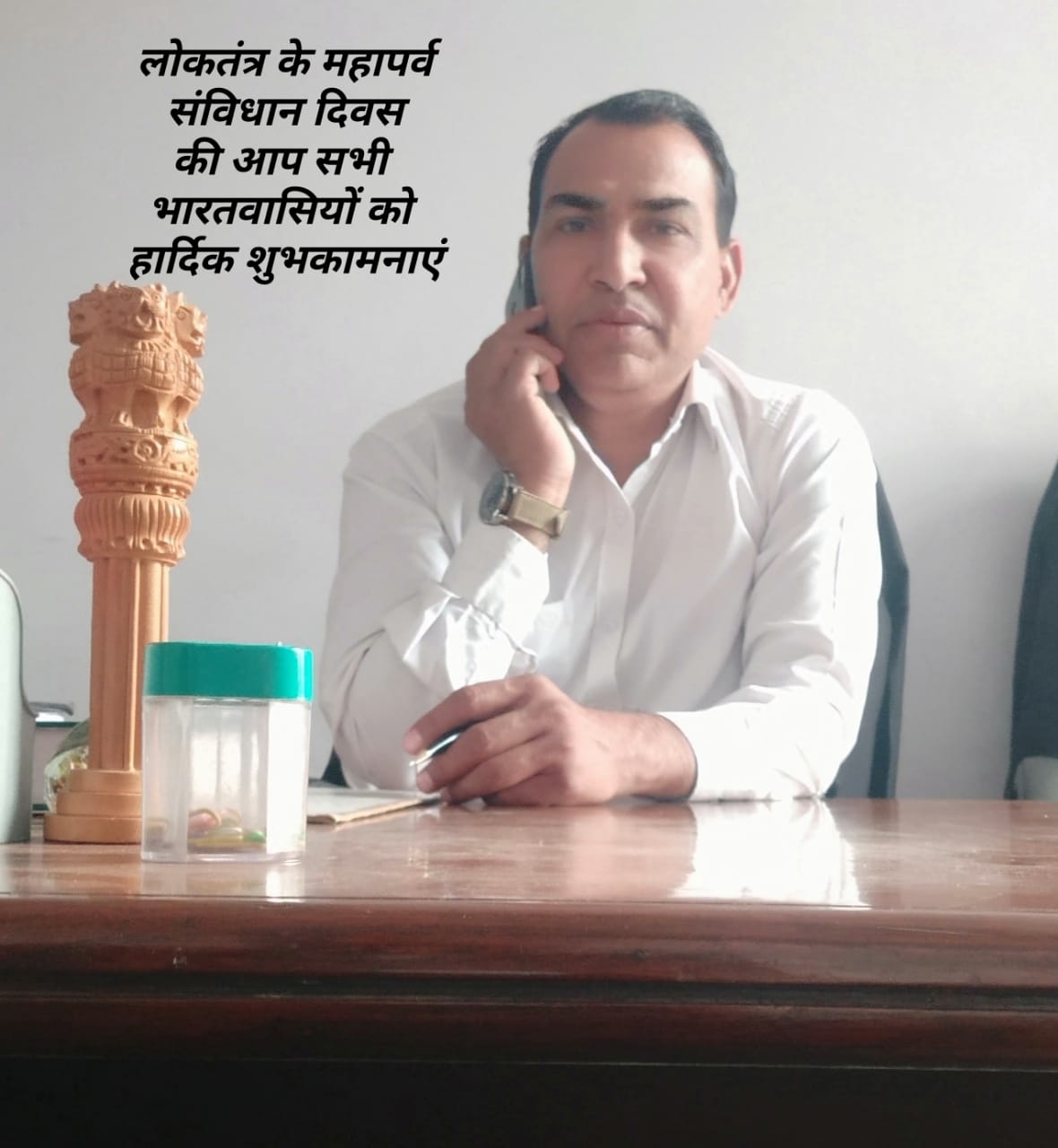Answer By law4u team
In India, interfaith marriages, where individuals from different religions marry, are regulated by various personal laws depending on the religion of the individuals involved. Here’s how Indian law handles interfaith marriages: 1. Special Marriage Act, 1954 The Special Marriage Act, 1954 is the primary legislation that governs interfaith marriages. It provides a secular framework for individuals from different religions to marry and have their marriage recognized. Key provisions include: Eligibility: Any two individuals, regardless of religion, can marry under this Act as long as they meet the following criteria: Both parties must be of sound mind. Both must have attained the age of 21 for males and 18 for females. The parties should not be within the degrees of prohibited relationship. Marriage Registration: The marriage must be registered with the Marriage Registrar. The couple has to give notice of their intended marriage to the Marriage Registrar, and if no objections are raised within 30 days, the marriage can be solemnized. Procedure: The marriage is performed as per the provisions of the Act, and the marriage certificate issued serves as proof of marriage. 2. Personal Laws For individuals who choose not to marry under the Special Marriage Act and instead opt for personal laws, interfaith marriages are addressed differently depending on the religions involved: Hindu Law: Under Hindu law, there are no specific provisions for interfaith marriages, and a Hindu can marry a non-Hindu. However, the non-Hindu spouse may need to convert to Hinduism for the marriage to be recognized under Hindu personal law. Muslim Law: Muslim personal law generally does not recognize interfaith marriages. A Muslim man can marry a non-Muslim woman (if she is a Christian or Jew), but a Muslim woman cannot marry a non-Muslim man. To marry under Muslim personal law, the non-Muslim partner usually needs to convert to Islam. Christian Law: Under Christian personal law, a Christian can marry a non-Christian, but the marriage must be solemnized under the Special Marriage Act if the non-Christian partner does not convert to Christianity. Parsi Law: Parsis generally do not recognize interfaith marriages under their personal laws. A Parsi who marries a non-Parsi must follow the provisions of the Special Marriage Act. 3. Conversion to Religion In many cases, individuals marrying across religions may choose to convert to the religion of their spouse to avoid legal complications or for religious reasons. Conversion should be voluntary and documented, and the conversion does not necessarily affect the recognition of the marriage under secular laws. 4. Legal and Social Considerations Legal Recognition: Marriages under the Special Marriage Act are legally recognized regardless of the religions of the spouses. Interfaith marriages performed under personal laws might face challenges in terms of legal recognition, depending on the specific personal law applicable. Rights and Responsibilities: Interfaith couples married under the Special Marriage Act have the same rights and responsibilities as other couples, including inheritance, maintenance, and custody rights. Social Acceptance: Interfaith marriages can face social and familial challenges due to cultural and religious differences. However, legal provisions under the Special Marriage Act provide a formal avenue for such marriages to be legally recognized and protected. 5. Judicial Precedents Indian courts have addressed various issues related to interfaith marriages, reinforcing the right of individuals to marry irrespective of religion and emphasizing the importance of the Special Marriage Act in ensuring legal recognition of such unions. Conclusion In India, interfaith marriages are primarily governed by the Special Marriage Act, 1954, which provides a secular framework for couples from different religions to marry and have their marriage legally recognized. While personal laws of different religions may have specific provisions or restrictions regarding interfaith marriages, the Special Marriage Act offers a viable option for such marriages to be formalized and protected under the law.









